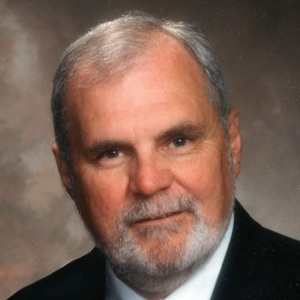It's Time to Focus on the Elephant in the Corner

March 6, 2014
BY Mike Bryan
Advertisement
Advertisement
Related Stories
In June, the USGC held its third African Buyers and Sellers Conference in Abidjan, Ivory Coast, bringing together more than 95 attendees from across the continent to meet with U.S. feed grain suppliers and establish trade relationships.
International Sustainability & Carbon Certification has announced that Environment and Climate Change Canada has approved ISCC as a certification scheme in line with its sustainability criteria under its Clean Fuel Regulations.
Representatives from the USGC, Growth Energy and the RFA recently conducted a strategic mission to Southeast Asia (SEA), underscoring the U.S. ethanol industry’s support for ethanol policy and technical advancement in Vietnam and the Philippines.
Production and use of renewable ethanol from ePURE members and other EU producers reduced greenhouse-gas emissions by an average of 79% compared to fossil fuels in 2024, according to newly certified data.
Greene Tweed, a global leader in advanced materials and high-performance solutions, has released results from a study confirming the compatibility of its fluorine-based elastomer seals with sustainable aviation fuels (SAF).





